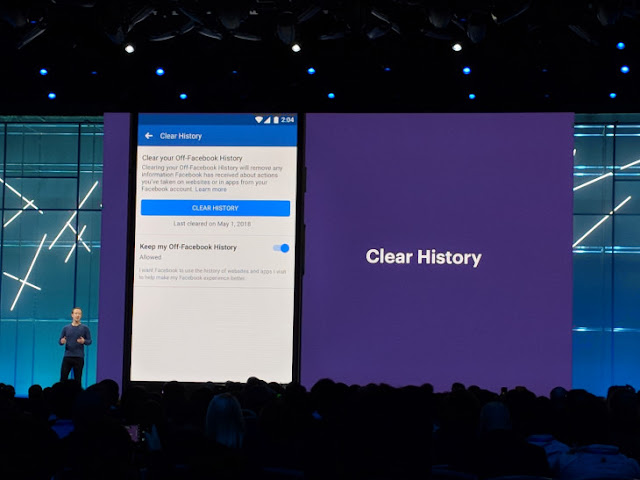Wondering what type of work best suits you? Use this step-by-step guide to help you decide.
Do you want to do something different but
you don't know what it is?
For many professionals work can be
frustrating because it fails to be a good match in terms of the skills, the
people, and the results you achieve.
If you're going to put energy into finding a
new job, you need to find something that motivates you and makes an impact with
an employer. It's not about finding a job, but the right job – or at least a
stepping stone role that eventually gets you where you want to be.
What
to consider when deciding what type of work would suit you
• If you disliked your last job, was it the role, your
team, the organization, or the sector?
• What have you enjoyed studying most – academic courses,
training events, or learning for fun?
• What jobs done by friends fascinate you?
• What advertised jobs have attracted you?
• Of all the jobs you have ever held, which was the most
enjoyable and why?
• What topics do you enjoy talking about with friends?
• Think about a time when you had a great day at work. The
sort of day where everything went well and got a real buzz. Write down what you
were doing, what you enjoyed and what you achieved on that day.
• If all jobs paid the same, what work would you do?
• If you could try someone else's job for a day, what
would it be?
Here
are some practical steps to work out what types of work would suit you
1. Analyze your skills. Look hard at your skills, particularly those acquired
outside work. What do you do well? What skills do you look forward to using in
the workplace? Ensure you have plenty of up-to-date evidence of skills
development, learning, and voluntary activities.
2. Work out your top 10 jobs criteria. Develop a personal
wish list of the ingredients in your ideal job – think about key elements such
as the kind of people you enjoy working with, the results you like to achieve
and the organization’s working style. Then throw your values into the mix –
what products or services matter to you? Look for jobs which match at least six
out of the 10 criteria.
3. Focus on job ingredients. Don't refer to job titles all the time, but ask for
certain ingredients, such as "I'm looking for a job that involves these
skills, this knowledge, and this working style". Allow people to make
creative suggestions rather than just responding to your stated job aims.
4. Mine your experience. Few people discover their ideal job through career
tests. Usually what's needed is a new way of combining ideas and past
experience. Look at what you have found stimulating in the past – in work,
study or leisure – and map that on to the world of work by asking about what
people actually do.
5. Look before you leap. Research before you job search. Don't rely on
second-hand information about sectors; find out for yourself. Pick a couple of
job ideas and ask around until you get a chance to talk to people who actually
do the role. That way you really know what the job is like and you learn to
talk the language that will get you an offer.
Find people who love what they do and who
can tell you what a career feels like from the inside. This also increases your
visibility in the hidden job market.
6. Avoid yes/no thinking. When you last heard about an interesting job, how
quickly did you find a reason to say 'no' to the idea? Explore the options
thoroughly and don't let setbacks put you off. Ask a good friend to challenge
you when you're tempted to trash your goals.
7. Get your message right. When you get closer to deciding what your ideal job is,
learn how to present what you are and what you do in short, focused statements.
Be ready to summaries your skills and know-how quickly, and say how you can
help an organization. Decide in advance what are the most important half dozen
things on an employer shopping list, and prepare engaging stories to match.













